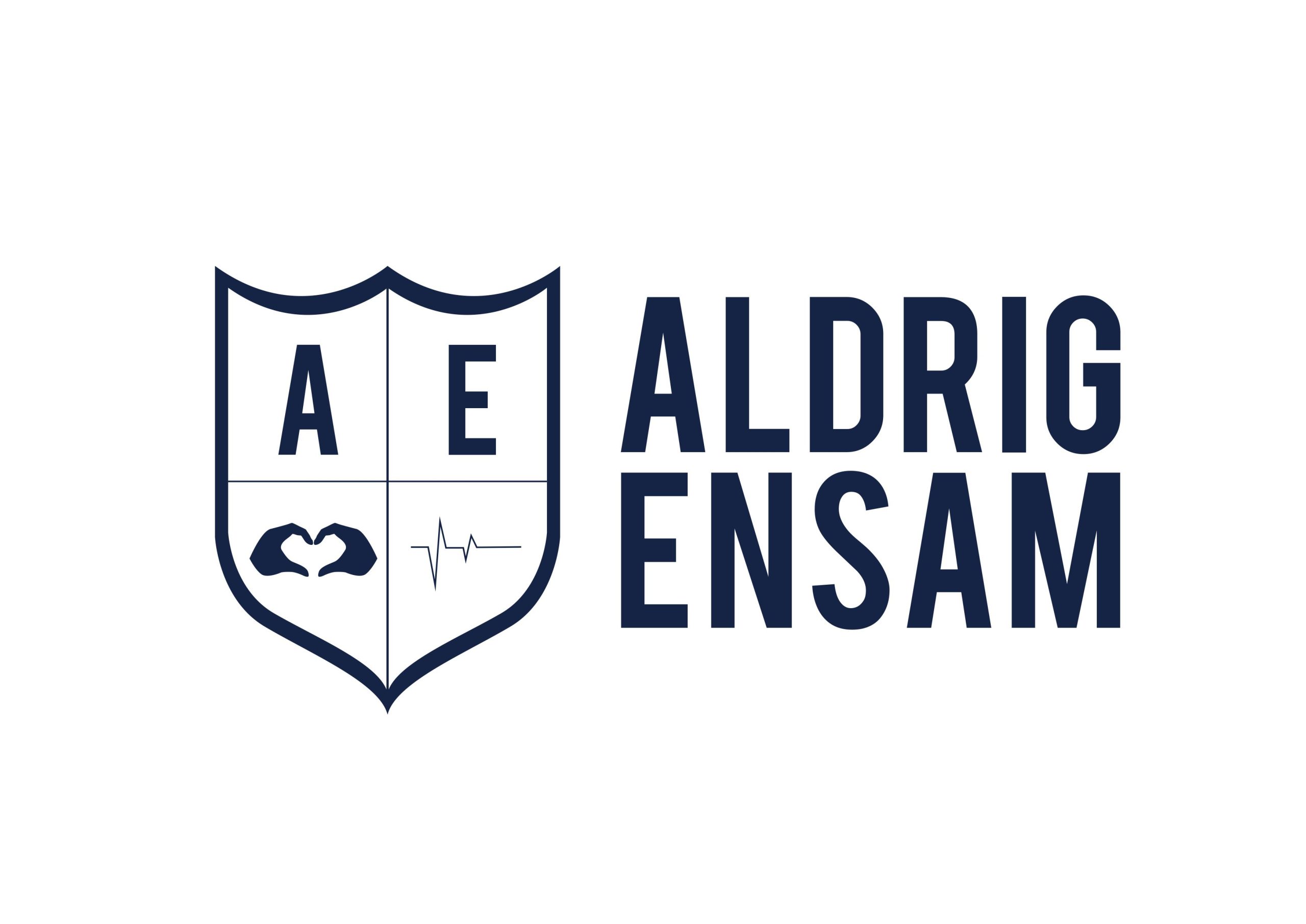
Substance Abuse
Many who previously have been addicts testify that they’ve received many different diagnoses linked to mental illness. When they stop the abuse, the diagnoses they received in the health care system also disappeared.
The following is what characterizes an addiction/abuse in general. For example, it can be about alcohol, drugs, food, sex and gambling (below we call it a drug).
Business
When someone becomes addicted, they will do almost anything to keep the addiction going. This means that almost all thoughts revolve around the drug. This means abandoning one’s family, work, friends and other social networks because of their abuse.
Mind Changes
The addict regulates his state of mind with the help of gambling. It becomes a shortcut to feeling better. Addicts needs their drug to feel good, to achieve harmony with themselves.
Tolerability
In order for the addict to obtain the satisfaction they seek with their drug, they must constantly increase their intake to achieve the same effect of their drug. This also means greater risk taking on several levels.
Withdrawal
If, for some reason, the addict is unable to take the drug, they may suffer from stress, worry, anxiety, nausea, palpitations and an irritated behavior. These symptoms can also occur after a period of sobriety when the craving is brought to life by something, which can be some kind of adversity.
Conflicts
A person who exhibits an addictive personality often has conflicts with his or her surroundings such as family, workplace and friends. The conflicts are often about promises that haven’t been kept and especially when money is involved. However, many individuals also have constant conflicts within themselves when trying to reduce or completely quit with both their lies and their drug addiction, but are unable to succeed.
Relapse
It’s very common for an addict who tries to break their habit to start again after a drug-free period. This is called relapse.
